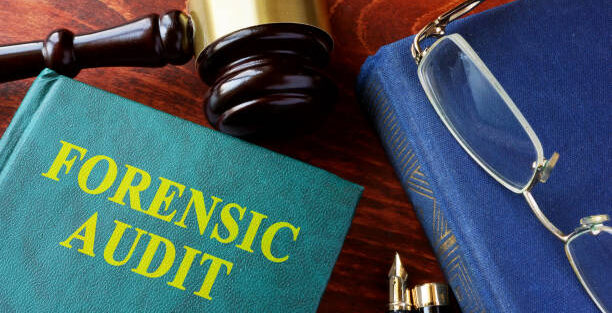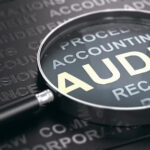Welcome to our comprehensive guide on Forensic Auditing as a vital aspect of Assurance and Advisory Services. In this guide, we’ll explore the fundamental concepts, methodologies, and significance of forensic auditing in the realm of accounting and auditing.
Table of Contents
1. Introduction to Forensic Auditing
2. Key Objectives of Forensic Auditing
3. Methodologies and Techniques
4. Role of Forensic Auditors
5. Real-world Applications
6. Advantages of Forensic Auditing
7. Challenges and Limitations
1. Introduction to Forensic Auditing
Forensic Auditing is a specialized branch of auditing that involves investigating financial discrepancies, frauds, and other financial irregularities. It focuses on gathering evidence and presenting findings that can be used in legal proceedings. Unlike traditional financial audits, forensic auditing requires a deeper understanding of legal processes and investigative techniques.
2. Key Objectives of Forensic Auditing
The primary objectives of forensic auditing are:
– Fraud Detection and Prevention: Identifying fraudulent activities within an organization and implementing measures to prevent future occurrences.
– Gathering Evidence: Collecting relevant evidence that can be used in legal proceedings, such as court cases or regulatory investigations.
– Quantifying Losses: Estimating the financial impact of fraud or irregularities to support legal actions and insurance claims.
– Maintaining Integrity: Ensuring the accuracy and integrity of financial records, reports, and disclosures.
3. Methodologies and Techniques
Forensic auditors employ various methodologies and techniques to uncover financial irregularities:
– Data Analysis: Using advanced software tools to analyze large datasets for patterns, anomalies, and inconsistencies.
– Interviews: Conducting interviews with employees, stakeholders, and suspects to gather information and insights.
– Document Examination: Reviewing financial documents, contracts, and correspondence to identify discrepancies and inconsistencies.
– Digital Forensics: Investigating electronic devices and digital records to trace the origin of fraudulent activities.
4. Role of Forensic Auditors
Forensic auditors play a crucial role in both the corporate and legal sectors:
– Investigation: Conducting thorough investigations to uncover financial misconduct and gather evidence.
– Expert Testimony: Providing expert opinions and testimonies in legal proceedings based on their findings.
– Risk Assessment: Identifying vulnerabilities in an organization’s financial systems and recommending measures to mitigate risks.
– Collaboration: Working closely with law enforcement agencies, legal professionals, and internal audit teams.
5. Real-world Applications
Forensic auditing finds applications in various scenarios:
– Fraud Investigations: Uncovering embezzlement, bribery, corruption, and other fraudulent activities within an organization.
– Insurance Claims: Evaluating claims for damages or losses to determine their validity.
– Financial Disputes: Resolving financial disagreements, such as business valuation disputes or contract breaches.
– Regulatory Compliance: Ensuring compliance with financial regulations and detecting violations.
6. Advantages of Forensic Auditing
Forensic auditing offers several benefits:
– Timely Detection: Early detection of financial irregularities can prevent further losses and damage.
– Legal Support: Providing solid evidence for legal actions, leading to more successful prosecutions.
– Deterrence: The presence of forensic auditors acts as a deterrent against fraudulent activities.
– Improved Controls: Uncovering weaknesses in internal controls, leading to their enhancement.
7. Challenges and Limitations
Despite its benefits, forensic auditing faces challenges:
– Complexity: Investigating financial crimes requires a deep understanding of financial systems, laws, and regulations.
– Privacy Concerns: Balancing the need for evidence with individuals’ rights to privacy.
– Adversarial Environment: Working in legal settings can be adversarial and require strong presentation skills.
Conclusion
Forensic auditing is a crucial component of Assurance and Advisory Services, playing a pivotal role in uncovering financial misconduct, supporting legal actions, and maintaining financial integrity. By employing various methodologies and techniques, forensic auditors contribute to the transparency and trustworthiness of financial systems.
Thank you for exploring the world of Forensic Auditing with us. If you’re interested in learning more, feel free to explore our other resources and articles on related topics.




